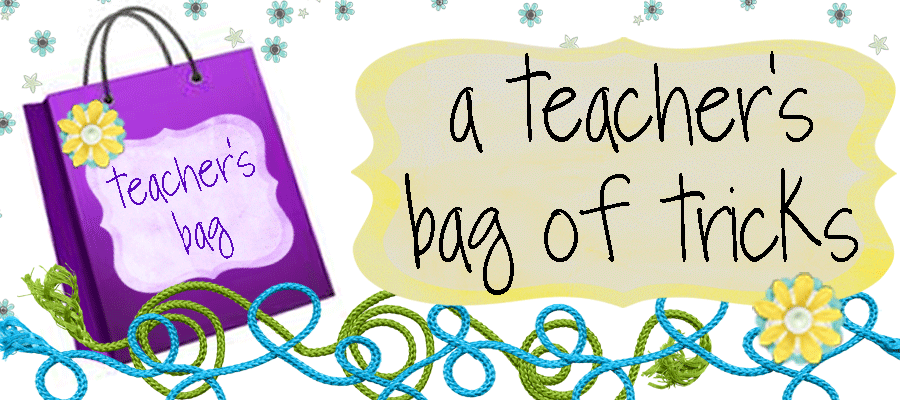Friday 31 August 2012
Monday 27 August 2012
First Day Jitters
Lessons to try with the story:
- http://www.busyteacherscafe.com/literature_guides/firstdayjitters.html
- http://www.uniqueteachingresources.com/First-Day-Jitters-Lesson-Plans.html
- http://www.brighthubeducation.com/lesson-plans-grades-3-5/42630-first-day-jitters-book-summary-and-activities/
- http://www.charlesbridge.com/client/client_pdfs/downloadables/FirstDayJitters_ActivityGuide.pdf
Here is a youtube reading of the book:
Using Anticipation Guides for reading
It is a pre-reading (and post-reading) activity where you have students activate prior knowledge before reading a text, and engage with some themes and issues they will deal with in the reading (which builds anticipation)
Using generalizations students will agree or disagree with statements before they read the book, and discuss reasoning with groups or the class. After they read the book, their opinions may change, based on what they read or learn. As a class or in small groups students can revisit the anticipation chart to explore any changes they may have.
Beers explains that the point is not to change the students' minds, but to encourage them to think deeply about their beliefs. Good anticipation guide statements should provoke thought and discussion amongst students. In her example, the students reading a sample guide called the statements "tough" because it was hard to know what contexts in which the statement was agreeable or not. They responded to a lot of the statements by saying, "It depends." That's what you want to hear! It's not about right or wrong answers; it's about students beliefs and their explanations for them.
Beers recommends using words like "always," "never" and other nonnegotiable words in your statements. Play on students' usual line of thinking.
Examples:
More information on this strategy can be found here and here
Here are some charts already done for you to use or gain ideas from:
What I really love about this activity is that you can adapt it to any piece of reading, any age level and it provokes deep discussion and thought.
Saturday 25 August 2012
BCTF Summer Conference Closing Plenary - Brigette DePape and Gabriel Nadeau-Dubois
Former Senate Page Brigitte DePape speaking to teachers at the BCTF Summer Conference Plenary. She is known for her silent protest in the Parliament of Canada.
Wednesday 22 August 2012
BCTF Workshops for TTOCs
This is available to all BC teachers and is usually booked for a local or neighbouring locals can team up to book.
Currently to book the workshop you email nbove@bctf.ca or kshields@bctf.ca
Teachers Teaching on Call (TTOCs) Workshops
1. Work-Life Balance: This workshop offers strategies for maintaining work-life balance in a particularly stressful role.
2. Dealing with Stress: Teachers Teaching on Call often face uncertainty in the workplace, this workshops explores how to develop positive strategies to effectively respond to stress.
4. Raising health and safety awareness: Teachers Teaching on Call are often unaware of of the workplace risks. This workshop deals with awareness and procedures for workplace safety.
5. Reality 101: Life teaching on call. This workshop is designed to support new teachers teaching on call. It provides current teaching practices and practical resources, and to enhance confidence in new TTOCs.
6. Employment Insurance Seminar (EI): This presentation helps TTOCs understand the steps to follow in applying for and obtaining EI benefits. This presentation is also on-line on the BCTF website.
7. Classroom Management for TTOCs: Teachers teaching on call encounter a variety of classrooms and this workshop deals with the unique issues of classroom management faced by TTOCs. It outlines reasons for student non-compliance, the difference between punishment and discipline, and uses discussion and scenarios to outline strategies for dealing with these situations.
9. Engaging and Supporting Teachers teaching on Call: The New Reality in a Bill 22 World: TTOCs are often more vulnerable than members who are attached to a regular staff with access to frequent support. This workshop will cover ways locals and individuals can create support structures and build solidarity amongst TTOCs.
There are also a number of other workshops available to all teachers, including TTOCs. Here is where to read up on them all.
1. Go to the BCTF portal
2. Click "Teachers"
3. Click "Professional Development"
4. Click "Workshops and Conferences"
This will open a PDF of all workshops offered by the BCTF.
This week I spent three days at the BCTF Facilitators' Institute where new and experienced facilitators met to train and prepare. There are a number of people available to facilitate these workshops. Contact the BCTF to book!
Friday 17 August 2012
Friday 3 August 2012
Soccer Board - Classroom Expectations
I really like this board set-up as a fun way to introduce a new class to class rules, goals, exxpectations. I found it at this site and thought I would share it for any new teachers looking for a way to start the school year.
This display (although not photographed very well,) gives the children a positive example of what behaviors I believe are ‘goals.’ -Work together -Do your best -Encourage others -Be a good example -Give a helping hand In addition to the goals, I also introduce the yellow and red cards to talk about misbehavior and discipline. Kids can earn a yellow card by showing: -Disrespect to learning -Disrespect to others -Disrespect to property -Unsupportive behaviorRead more at source site.




